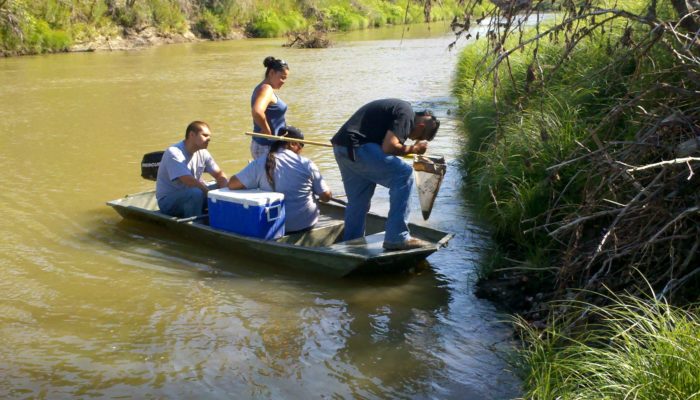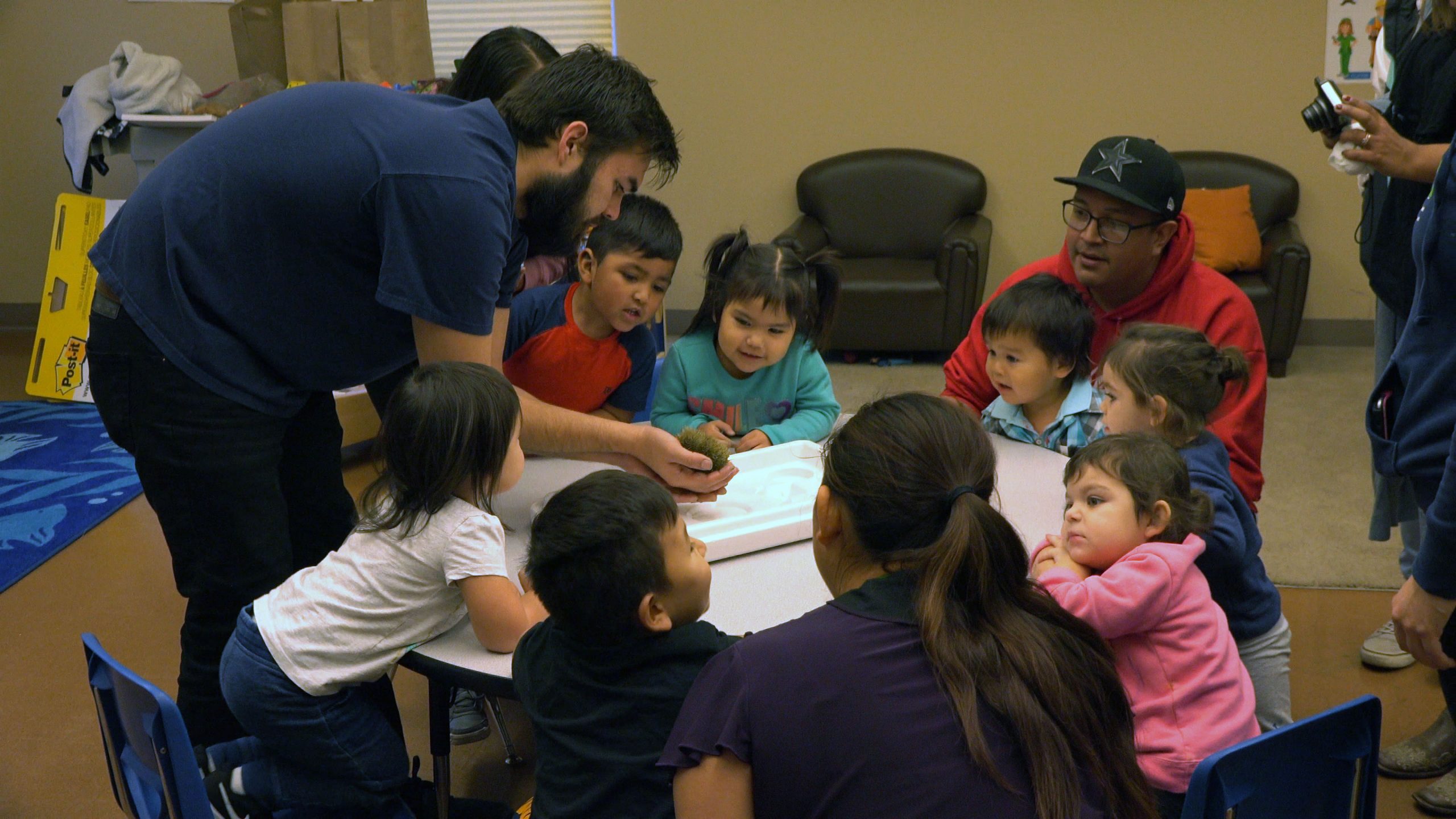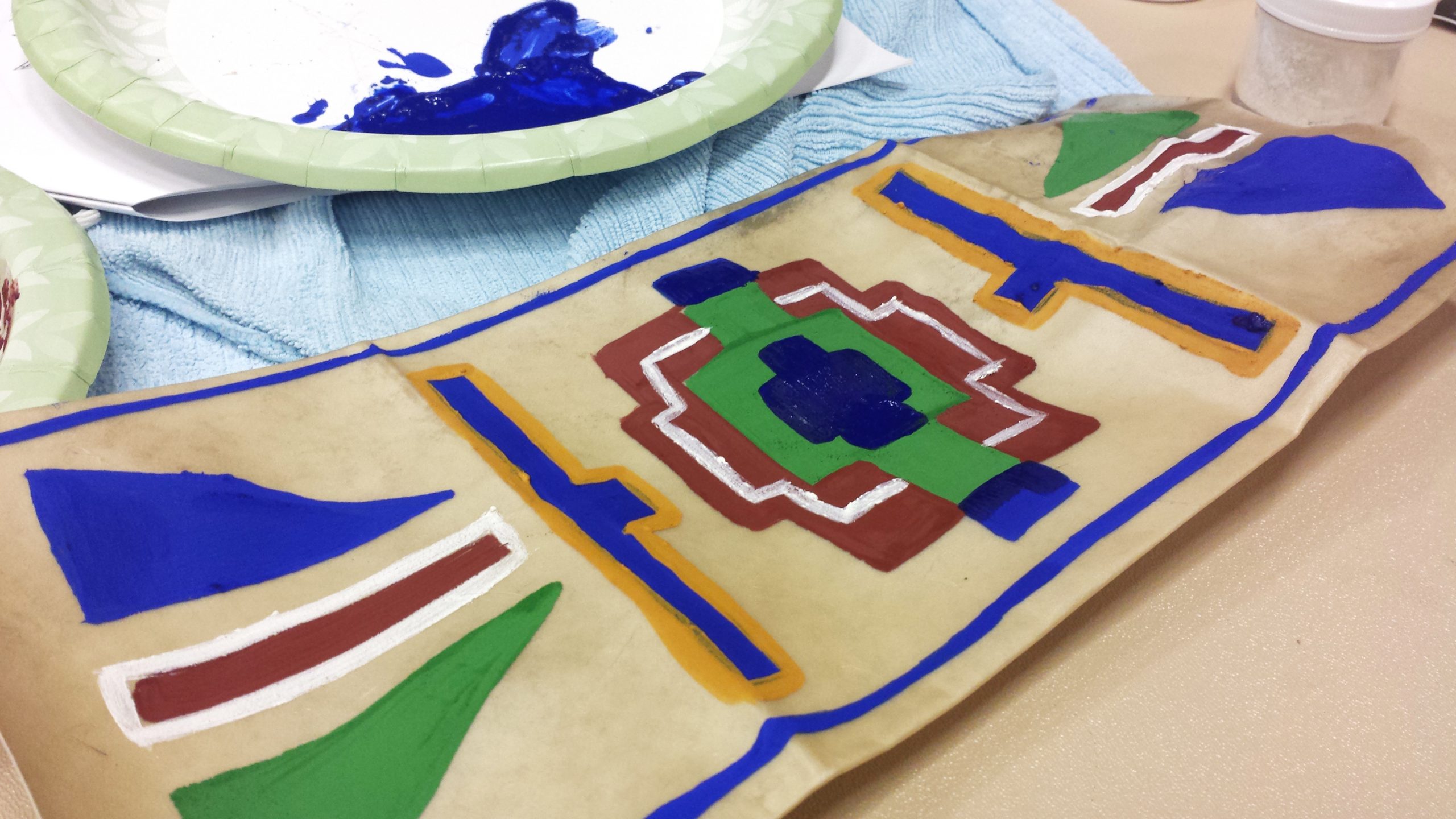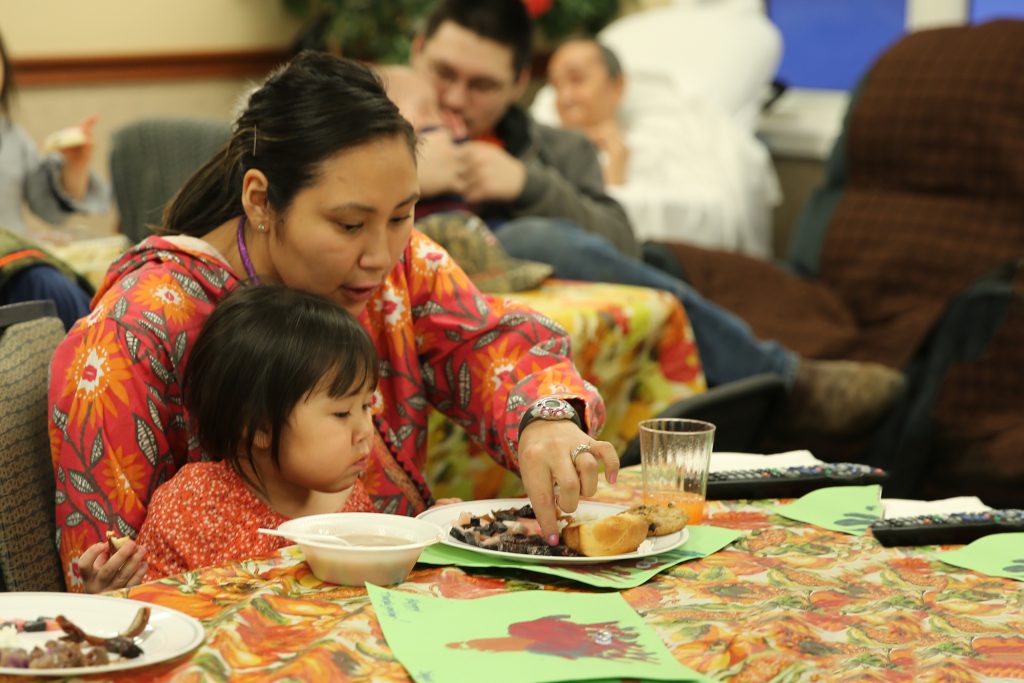Scholarly Emergence for
Environmental Design and Stewardship
(SEEDS)
2017 – 2020
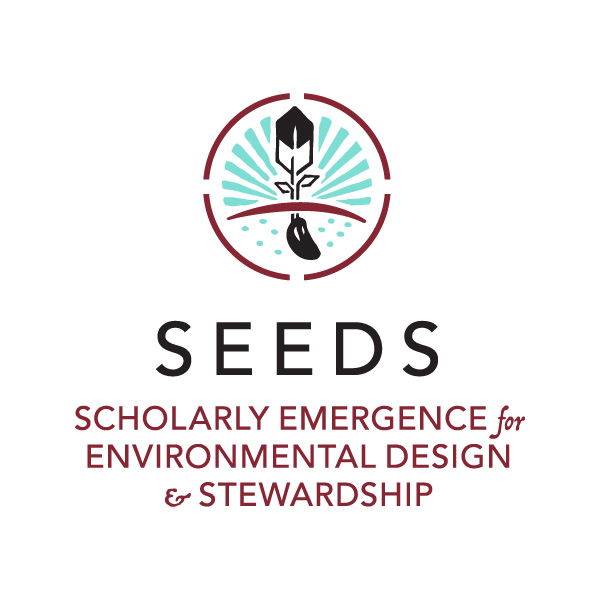
About The Program
The Scholarly Emergence for Environmental Design and Stewardship (SEEDS) program was designed to grow the capacities of tribal colleges and universities (TCUs) in environmental and natural science programming and partnerships to support tribal land stewardship, while fostering the integration of placed-based traditional ecological knowledge and intergenerational knowledge exchange. Traditional Ecological Knowledge (TEK) and the Indigenous knowledges imbedded within it are rooted in Indigenous peoples’ long-standing relationships to place. These relationships underpin the identity structures; values; and mental, physical, and spiritual well-being of Indigenous peoples and tribal nations. As a result, issues like climate change, land loss, and water pollution cause Indigenous peoples to not only suffer physically and economically, but also psychologically and spiritually. Such environmental impacts inflict multi-generational harm.
As tribal land grant institutions and Indigenous institutions of higher education dedicated to place-based and culturally relevant teachings, TCUs are well positioned to lead Indigenous land stewardship and land sovereignty initiatives to address these challenges and help remedy the historical trauma that tribal nations and their lands have suffered (Crazy Bull and White Hat 2019).
SEEDS and initiatives like SEEDS support TCUs in building stronger academic programming, place-based research opportunities, and career experiences in the sciences that are greatly needed within tribal communities and that help restore tribal nations’ relationship with, responsibility for, and sovereignty over their lands using Indigenous cultural models.
SEEDS emphasized linking institutional capacity building, curriculum development, faculty development, student learning, and broader partnership-building in the environmental and natural sciences. It also empowered the TCUs to articulate their vision for this capacity-building work through implementation plans and then implement those plans with College Fund technical assistance.
Nine TCUs located in five states – Minnesota, Montana, North Dakota, South Dakota, and Wisconsin – received a total of $850,000 in SEEDS support.
Those TCU grantees included: Aaniiih Nakoda College (ANC), College of Menominee Nation (CMN), Fond du Lac Tribal and Community College (FDLTCC), Lac Courte Oreilles Ojibwe College (LCOOC), Leech Lake Tribal College (LLTC), Little Big Horn College (LBHC), Red Lake Nation College (RLNC), Sisseton Wahpeton College (SWC), and United Tribes Technical College (UTTC).
Program Success by the Numbers
At a high level, the SEEDS program resulted in the following accomplishments:
- Nine (9) TCUs successfully implemented capacity-building grants and developed greater environmental and natural science capacity, including programs, structures, knowledge, partnerships, and processes that will extend beyond the lifecycle of the SEEDS grant.
- Two (2) TCUs developed new baccalaureate degrees
- Aaniiih Nakoda College developed their first four year-degree in Aaniiih Nakoda Ecology
- College of Menominee Nation developed the Integrative Studies degree
- One (1) TCU developed a new associate degree, and one TCU developed a new certificate program in the environmental sciences that integrate Indigenous knowledge and cultural values.
- United Tribes Technical College developed an Environmental Engineering associate degree
- Fond du Lac Tribal and Community College developed a Sustainable Food Systems certificate program
- TCU grantees enhanced nine (9) existing environmental science programs and strengthened at least 10 related academic programs through the SEEDS grant in engineering, sustainable agriculture, and other STEM disciplines.
- Nine TCU grantees developed 56 new courses and enhanced 35 existing courses. Course and program enhancement focused on the integration of place-based and intergenerational knowledge into environmental and natural sciences curriculum and research; and on enhancing students’ scientific literacy.
- 61 local, regional, and national partnerships were developed or strengthened. Partners were engaged in course and program development; providing place-based student research and field work opportunities, networking, and employment opportunities; sharing best practices; conducting scientific research; and serving as a bridge to better support TCUs and community-based environmental initiatives and needs.
- 93 TCU faculty, staff and administrators participated in professional development. These opportunities focused primarily on training in course and curriculum development, especially the integration of place-based and intergenerational knowledge into science courses and programming and attending professional conferences.
- Six (6) faculty members were supported in their pursuit of either master’s degree level coursework, a master’s degree, or a doctorate degree related to the environmental sciences.
- 67 students participated in internships, fellowships, and professional development opportunities supported by SEEDS, which provided opportunities in place-based research, faculty mentorship, and professional networking.

Grantees
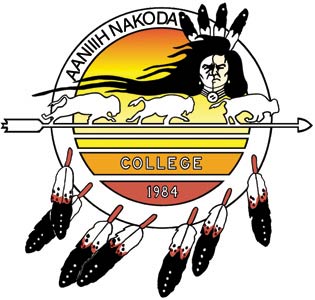
Aaniiih Nakoda College (Ft. Belknap)
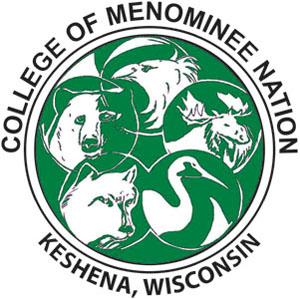
College of Menominee Nation

Fond du Lac Tribal and Community College
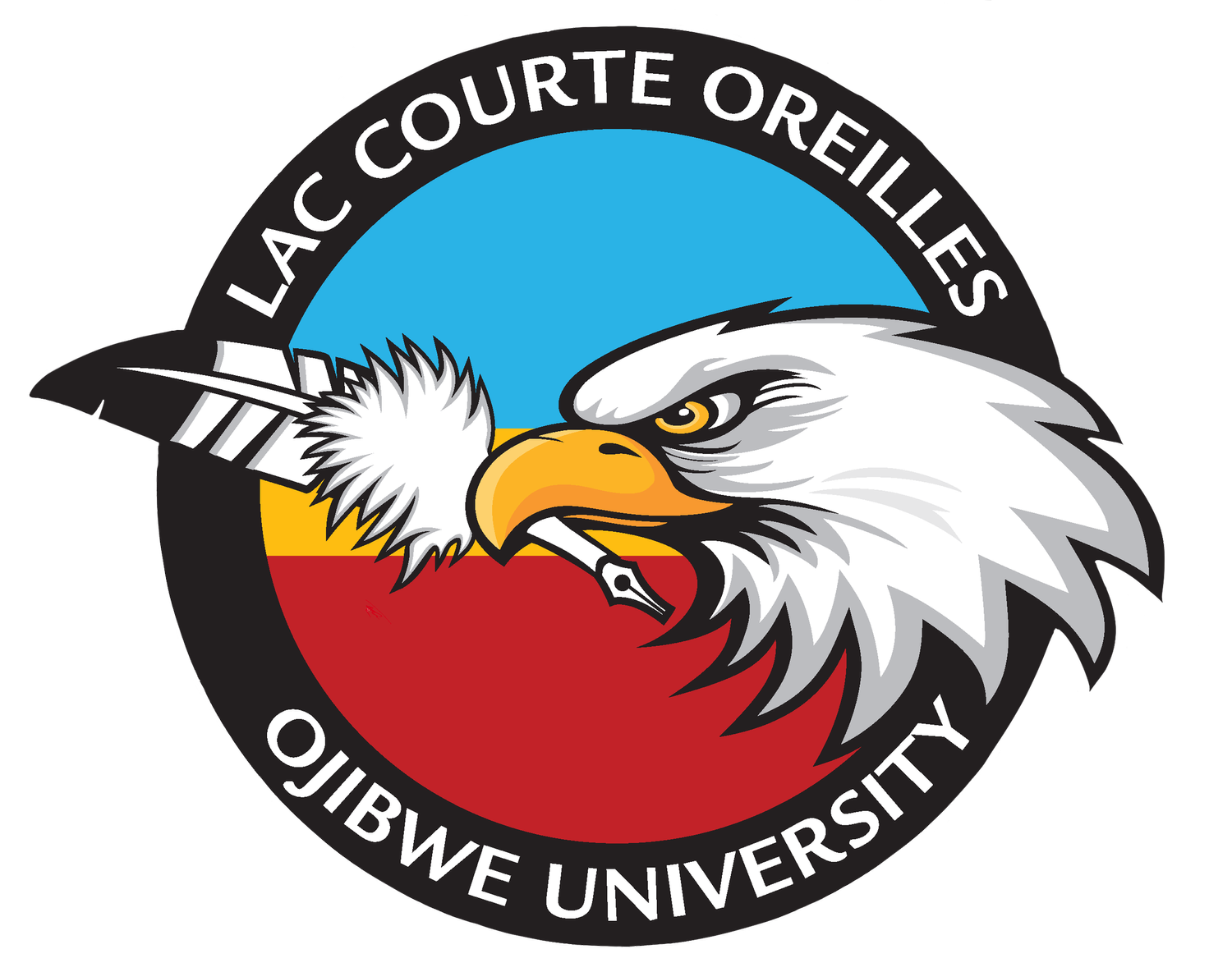
Lac Courte Oreilles Ojibwe University
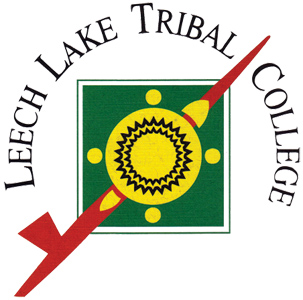
Leech Lake Tribal College
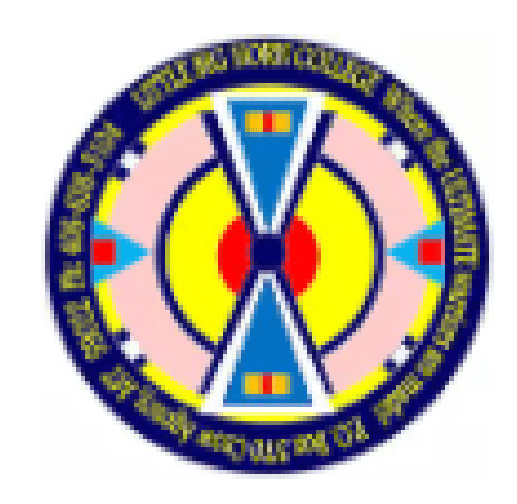
Little Big Horn College
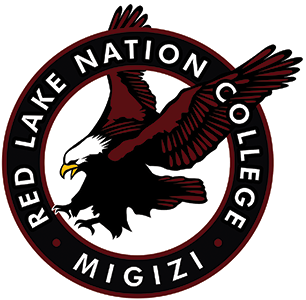
Red Lake Nation College
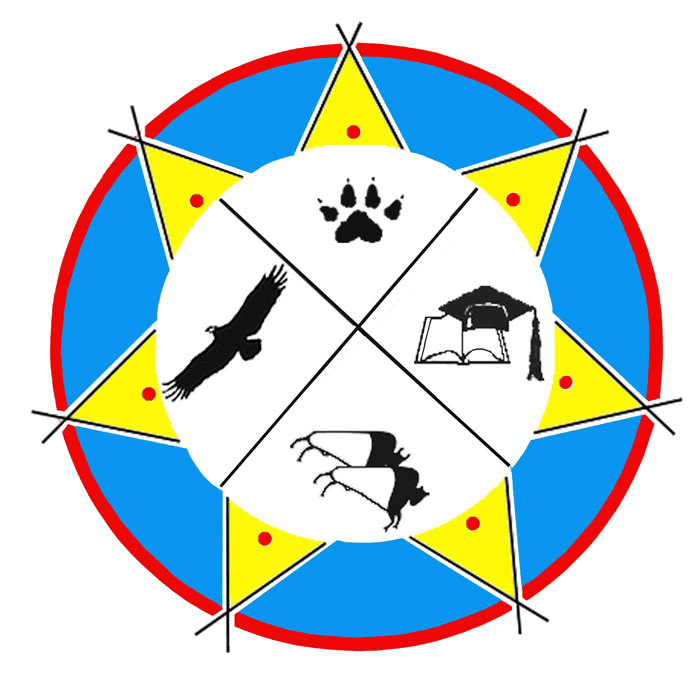
Sisseton Wahpeton College
Related Blogs
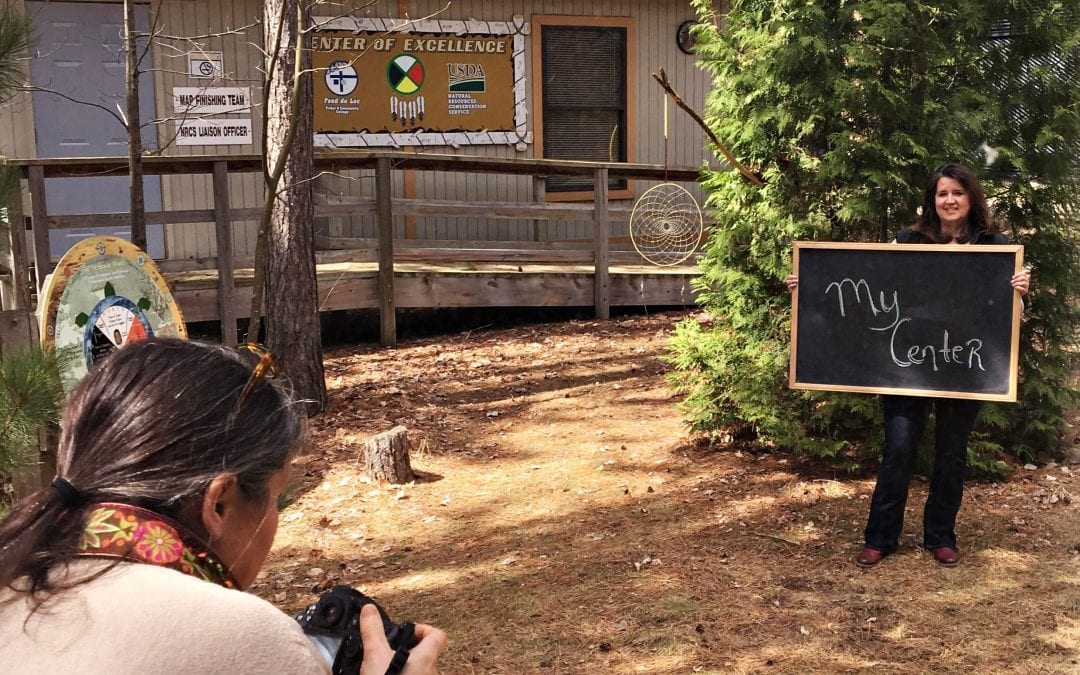
Honoring the Sacred
During this month dedicated to women, I want to acknowledge the importance of Native women who work in environmental spaces. It was primarily women who encouraged me to believe in my relationship with the earth and who acknowledge me as I am, which is to say a mixed-race queer.
College Fund Announces Environmental Program Awardees to Restore Native Knowledge for Healthy Earth
Groundwater contamination, erosion, lack of access to healthy foods, and poor air quality are just some of the environmental concerns facing American Indian communities across the United States. Yet indigenous people have long held specialized knowledge that can lead to unique solutions to these challenges.
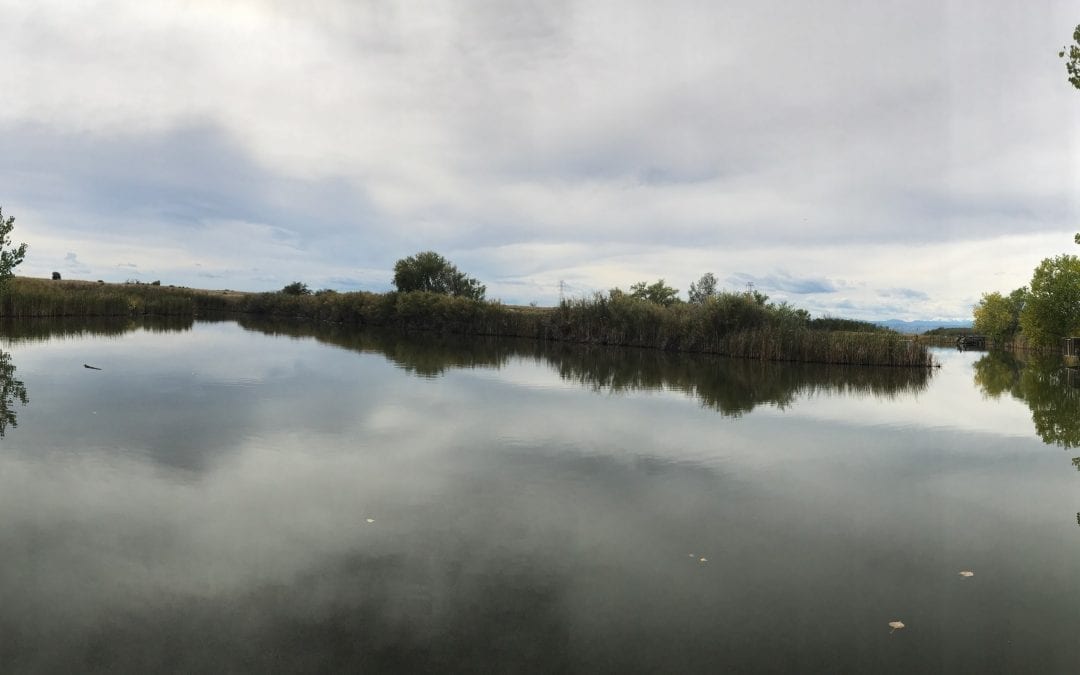
SEEDS- Environmental Stewardship is an Inherit Right, Responsibility
I recently wondered why being an environmentalist exists in a space we have to fight for, and why our individual and collective responsibility to uphold and respect relationships to place becomes the work of so few. Is it because we have partitioned our ways of thinking about relationships or is it because we are struggling to know that we are related?

Three-Year Environmental Design and Stewardship Program to Restore Native Knowledge for Healthy Earth
Groundwater contamination, erosion, lack of access to healthy foods, and poor air quality are just some of the environmental concerns facing American Indian communities across the United States. Yet indigenous people have long held specialized knowledge that can lead to unique solutions to these challenges.









